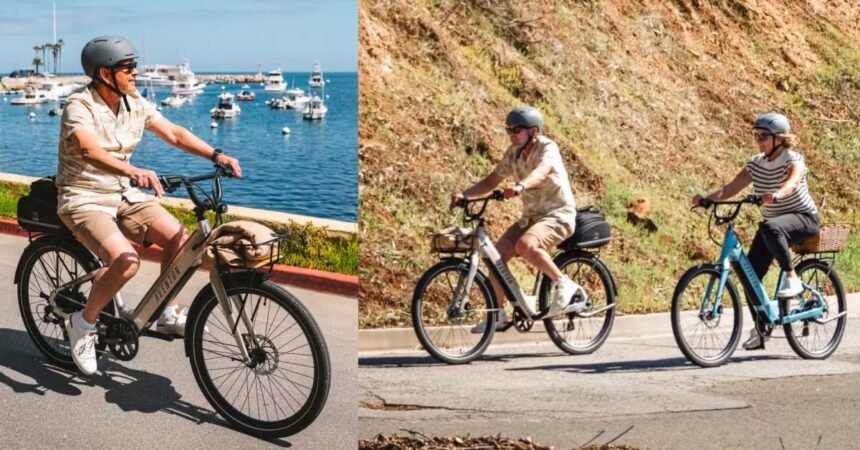California’s electric bicycle voucher program has hit a snag once again, with a technical issue causing the second round of vouchers to be delayed indefinitely. The program, aimed at making electric bicycles more affordable for California residents, was set to distribute 1,000 vouchers worth up to $2,000 each in its second round.
The application window was supposed to open for one hour, allowing all eligible California residents an equal chance at receiving a voucher. This was a departure from the first round, which saw vouchers being snatched up in seconds due to a “first come, first served” approach.
Unfortunately, just before the application window was set to close, the program operators announced technical difficulties with the website, leading to the delay of the second round of vouchers. Many hopeful applicants were left waiting for an hour before learning about the indefinite delay.
The California Air Resources Board, which administers the program, is investigating the issues and trying to resolve them in real-time. The first round of applications saw over 100,000 people vying for the limited number of vouchers, highlighting the high demand for such incentives.
Despite the occasional hiccups, e-bike voucher programs are essential for promoting sustainable transportation and reducing reliance on cars. By reducing the upfront cost of electric bikes, these programs make them accessible to a broader population, especially lower-income riders. They also help normalize e-bike use in urban and suburban areas, proving that two wheels can be a practical alternative to four.
Cities like Denver and San Diego, which have implemented e-bike voucher programs, have seen immediate surges in ridership and a shift towards using e-bikes for daily transportation needs. As policymakers aim to reduce traffic congestion, improve air quality, and meet climate targets, e-bike vouchers offer a cost-effective tool that delivers tangible results.
Despite the challenges faced by California’s voucher program, such initiatives have proven invaluable in promoting alternative modes of transportation and making real changes in accessibility. By overcoming technical issues and streamlining the application process, these programs can continue to drive the adoption of electric bicycles and reduce reliance on cars for daily commutes.







